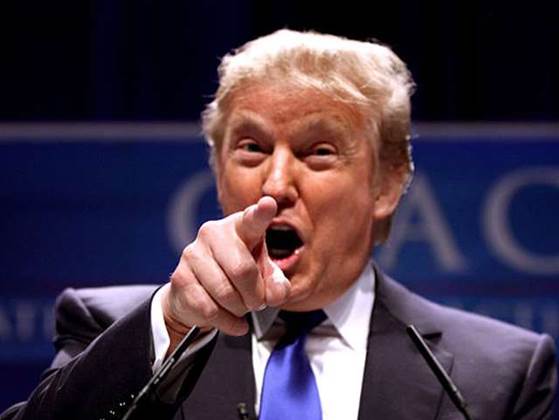The Trans-Pacific Partnership (TPP) will lose its biggest participant after United States President-elect Donald Trump vowed to make good on his election promise to take the country out of the yet-to-be ratified trade agreement.

"I'm going to issue a notification of intent to withdraw from the Trans-Pacific Partnership, a potential disaster for our country," Trump said in a video posted to YouTube today.
Trump said the USA would instead negotiate "fair and bilateral trade agreements that will bring jobs and industry back to our shores" with other countries.
He had previously labelled the trade agreement a "death blow" to American manufacturing, and promised to halt negotiations with other countries as soon as he was elected.
Although other countries negotiating the TPP had said the agreement would be dead in the water without US participation, there is now talk that China and Russia might replace America in an Asia-Pacific deal to cut tariffs and obstacles to trade.
The idea was floated by Peruvian president Pedro Pably Kuczynski last week in the closing days of an Asia-Pacific Economic Cooperation (APEC) summit.
The text of the TPP was finalised in February this year, with 12 countries representing over 40 percent of the world's gross domestic product expected to ratify the trade deal.
It started off as a free trade agreement between New Zealand, Brunei, Chile and Singapore in 2005, with Australia, Canada, Japan, Malaysia, Mexico, Peru, Vietnam and the US joining negotiations in 2008.
The 30-chapter TPP received widespread criticism for being negotiated in secret, and going beyond trade issues, sparking fears that the deal would undermine the participating countries' sovereignty.
This included TPP countries being forced to accept US-style extensions to copyright terms, and punitive intellectual rights enforcement legislation with criminal penalties in some cases.
The TPP would also force telcos in signatory countries to provide businesses access to services, while mandating number portability, and ensuring each participating nation has an independent regulatory watchdog for telecommunications.




_(33).jpg&h=140&w=231&c=1&s=0)






 iTnews Executive Retreat - Security Leaders Edition
iTnews Executive Retreat - Security Leaders Edition
 iTnews Cloud Covered Breakfast Summit
iTnews Cloud Covered Breakfast Summit
 Melbourne Cloud & Datacenter Convention 2026
Melbourne Cloud & Datacenter Convention 2026
 The 2026 iAwards
The 2026 iAwards












_(1).jpg&h=140&w=231&c=1&s=0)



